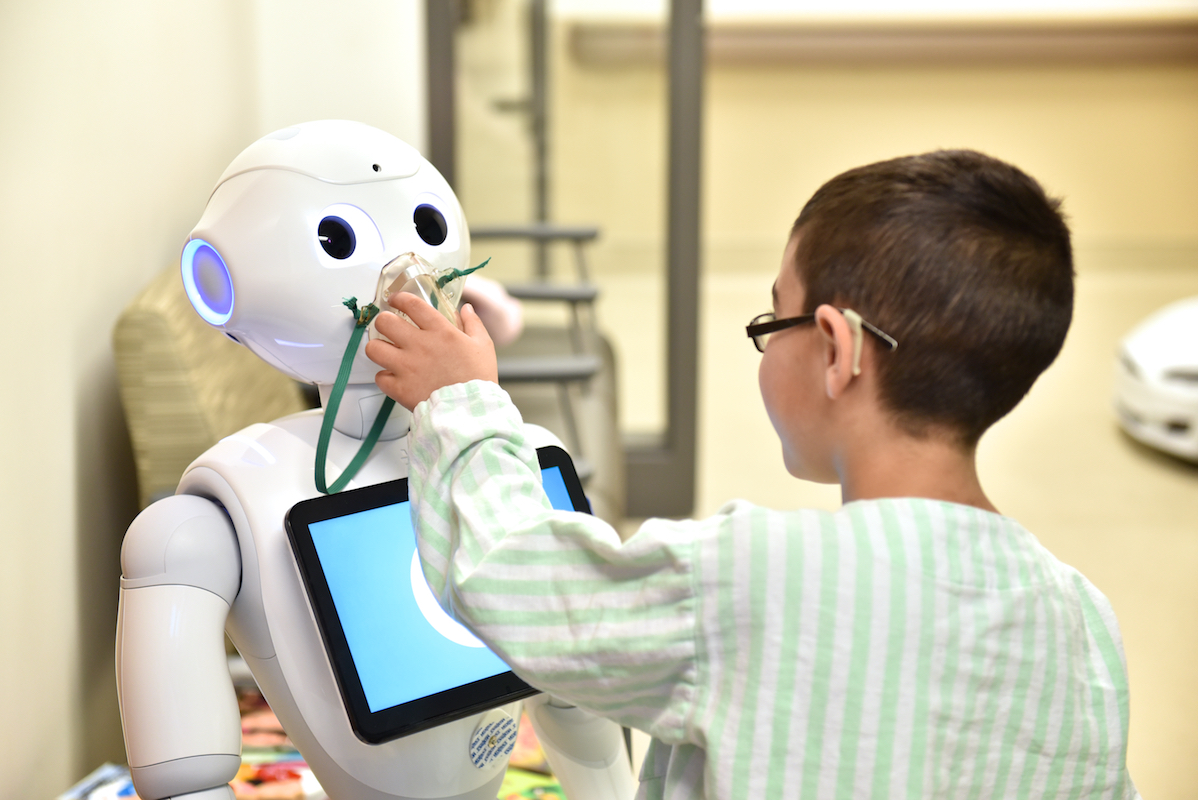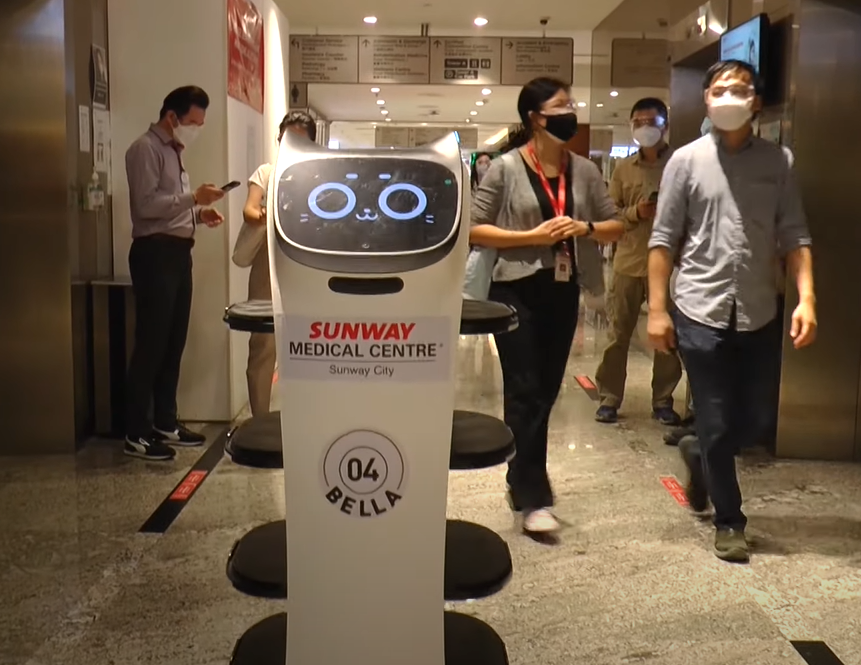By Devin Partida

Medical education is not something obtained easily or quickly. Traditional medical education requires a four-year undergraduate program, a four-year graduate program in medical school, and a residency that can take anywhere from three to seven years, not to mention the tests necessary to practice medicine in the state they live in. Everything from basic treatments to delicate surgeries requires practice.
While some of these procedures can be practiced on cadavers or dummies, the best education comes from hands-on experience. However, these experiences aren’t always available. How can we ensure the next generation of medical professionals has the training and education to care for future patients? What role will artificial intelligence (AI) and robotics play in the future of medical education?
AI for Diagnostics
According to information collected by the Centers for Disease Control and Prevention (CDC), upwards of 70% of medical decisions are contingent on laboratory results and diagnostics. Comprehensive and accurate diagnostics are an integral cornerstone of medical education and treatment. Introducing artificial intelligence can make diagnostics more accurate.
Early applications of AI in diagnostics can help streamline workflows and even provide more accurate overall diagnostics. These systems can sort through massive data stores, comparing patient tests and scans to a wealth of previously collected diagnostic information. One AI system at Tulane University can currently detect and diagnose colorectal cancer more accurately than pathologists with experience in this specialization.
AI will never replace the need for a skilled diagnostician, but it can help supplement their skills, providing faster diagnostics and better patient outcomes. In conjunction with hands-on experience, AI can provide students and professionals with the opportunity to further develop their skills and increase their expertise. The demand for AI in healthcare will increase in the coming years, with Business Insider projecting it will grow by 48% annually between 2017 and 2023.
Advances in Robotic Surgery
There are always appendix removals, breast biopsies, and cesarean sections that need someone behind the scalpel. In the United States, surgeons perform more than 300,000 appendectomies every year, so new surgeons have plenty of opportunities to hone their skills in these common procedures.
Rarer surgeries or those that belong to a particular specialty may be harder to come by, making it more difficult for medical students to get the experience they need to complete these procedures in the future.
While some robots can be used in hospitals to perform more mundane (yet still important) tasks, they can also provide assistance for some of the most crucial. Surgical robots are becoming more common every year to assist skilled surgeons with delicate operations, but they can also be useful for education. Many of these devices can record the procedures they complete. These recordings can then be used to create a virtual surgical training program using data collected from live patients. It may not be as effective as hands-on experience, but if a particular type of neurosurgery only happens once a year, it could serve as the next best thing.
Chatbots as Education Assistants
The COVID-19 pandemic changed so many things. Remote work and virtual education became the norm for a couple of years. While face-to-face education is slowly resuming, there are still applications for the techniques and technologies that helped carry us through the pandemic.
Chatbots, for example, are capable of serving as clinical simulations and teaching medical students how to interact with patients. Telehealth appointments continue to grow in popularity and require strict protocols to protect patient privacy.
Chatbots have evolved into useful tools for customer service and the customer experience in various fields, from medicine to retail and everything in between. As the programming continues to advance – especially when paired with AI – these chatbots could help fill in any gaps in staffing moving into the future.
The Next Generation of Medical Education
There is no way to make medical education faster or less expensive. Still, there is a growing variety of tools making it easier for those who choose that path to get the experience and education they need to provide the best care possible
Learn more about Robots Integration with RobotLAB


